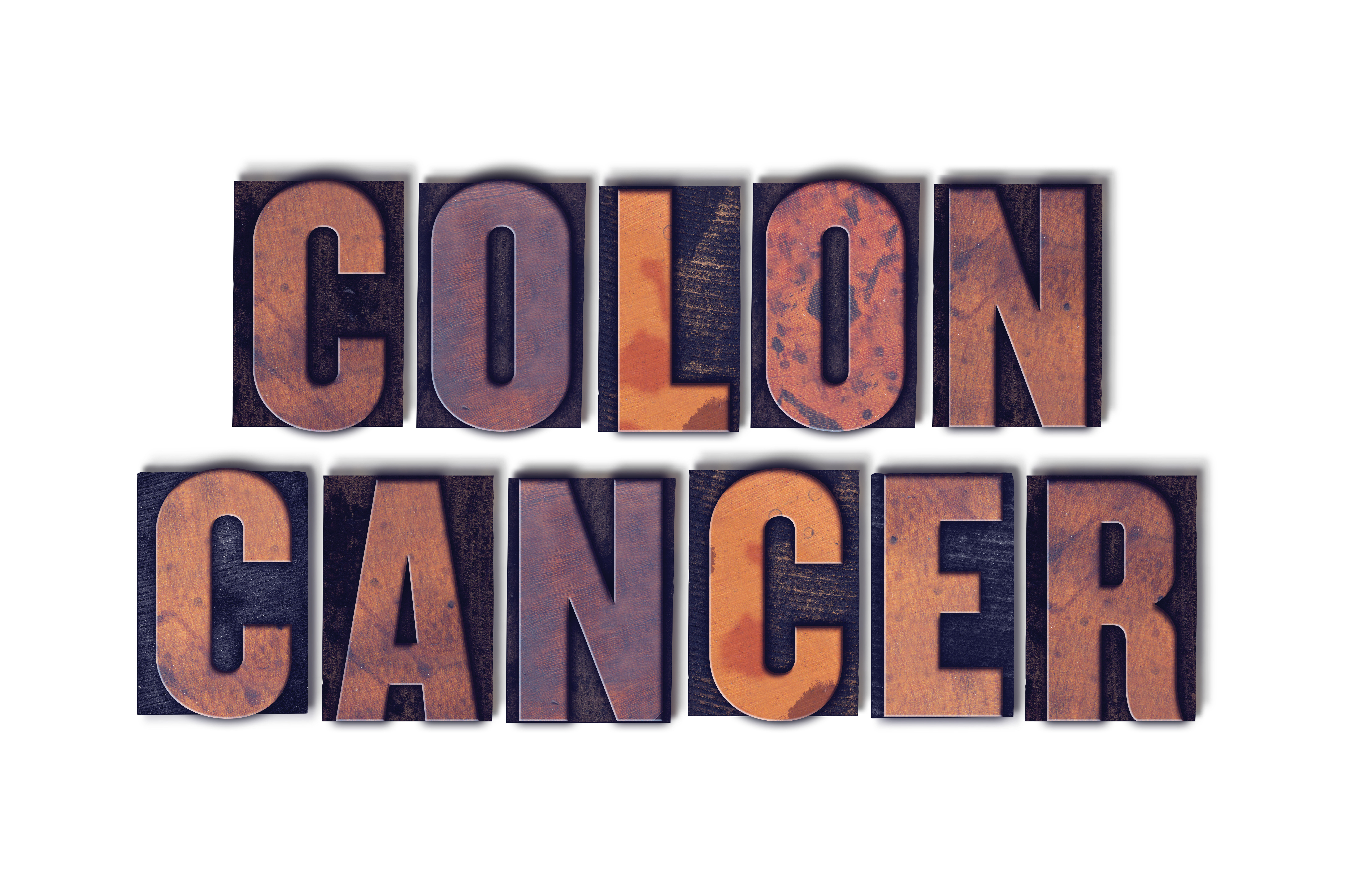Taking part in unhealthy habits like smoking can speed up the aging process, and new research suggests that accelerated aging can increase your risk of colon cancer. With age as a factor behind this form cancer, the research team hopes the findings could help promote treatments that slow down aging.
There are two ages: your chronological age, which is the number of years that’s passed since the day you were born, and your biological age. Your biological age refers to how old your body seems. Both genetic and environmental factors influence your biological age and affect how your genes work. Having an older biological age impacts how your body works. Your cells and organs get older, making it harder to carry out day-to-day functions.
You can calculate your chronological age, and researchers can also do the same with biological age. They use an epigenetic marker known as DNA methylation to look at how DNA changes over time. Several DNA methylation patterns are associated with age.
“When an individual’s biological age is older than their chronological age, they are said to be experiencing epigenetic age acceleration,” explains lead author Fernanda Morales-Berstein, a Wellcome Trust PhD Student at the University of Bristol in the United Kingdom in a media release. “Epigenetic age acceleration, as measured by DNA methylation-based predictors of age called epigenetic clocks have been associated with several adverse health outcomes including cancer. But although epigenetics can be used to predict cancer risk or detect the disease early, it is still unclear whether accelerated epigenetic aging is a cause of cancer.”
Biological aging can tell a lot about the health of your body. However, finding a link between a person’s biological age and disease is difficult because it’s hard to pinpoint whether it’s biological aging itself or other factors that raise disease risk. The team used a method called Mendelian randomization that mimics a randomized trial while studying the effectiveness of changes in epigenetic aging as a cancer prevention strategy. They used information on known genetic variants associated with epigenetic age acceleration to compare four different epigenetic clocks that measured biological aging.
The first two clocks used patterns of DNA methylation that are strongly associated with chronological age. The other two clocks used markers linked to an increased risk of age-related diseases or death. Using the clocks, the team created genetically predicted associations with several cancer types.
Results showed limited evidence connecting accelerated epigenetic age with breast, lung, ovarian, or prostate cancer. Although, they did find a 12% increased risk of colon cancer with every additional year of biological age (over chronological age). The results also showed a link between biological age acceleration and a family history of bowel cancer. Additionally, the risk was stronger for colon cancer than rectal cancer.
The findings suggest making healthier lifestyle choices or engaging in epigenetic-targeted therapies could help reduce the risk of colon cancer by slowing down biological aging.
The study is published and available to read in the journal eLife.
